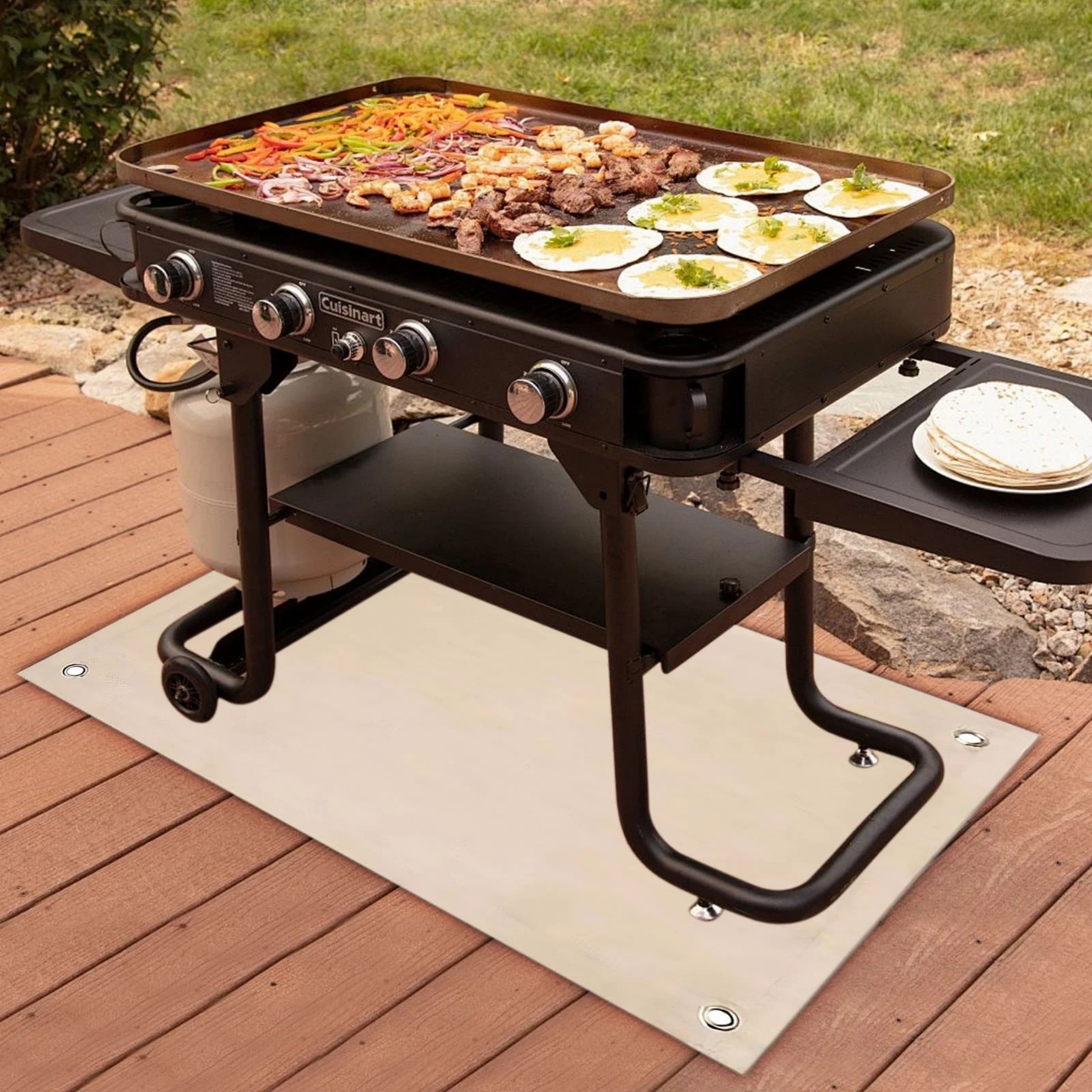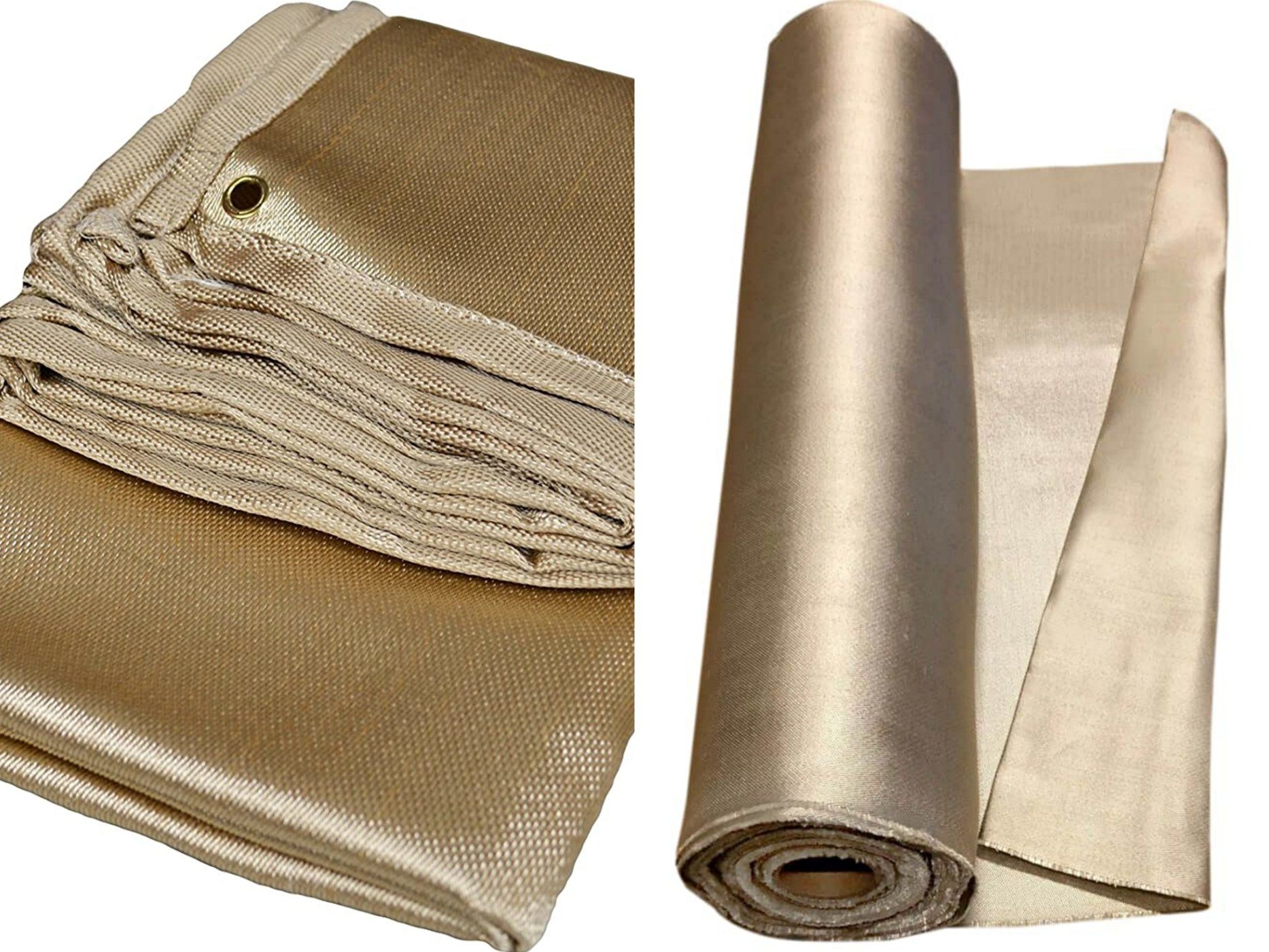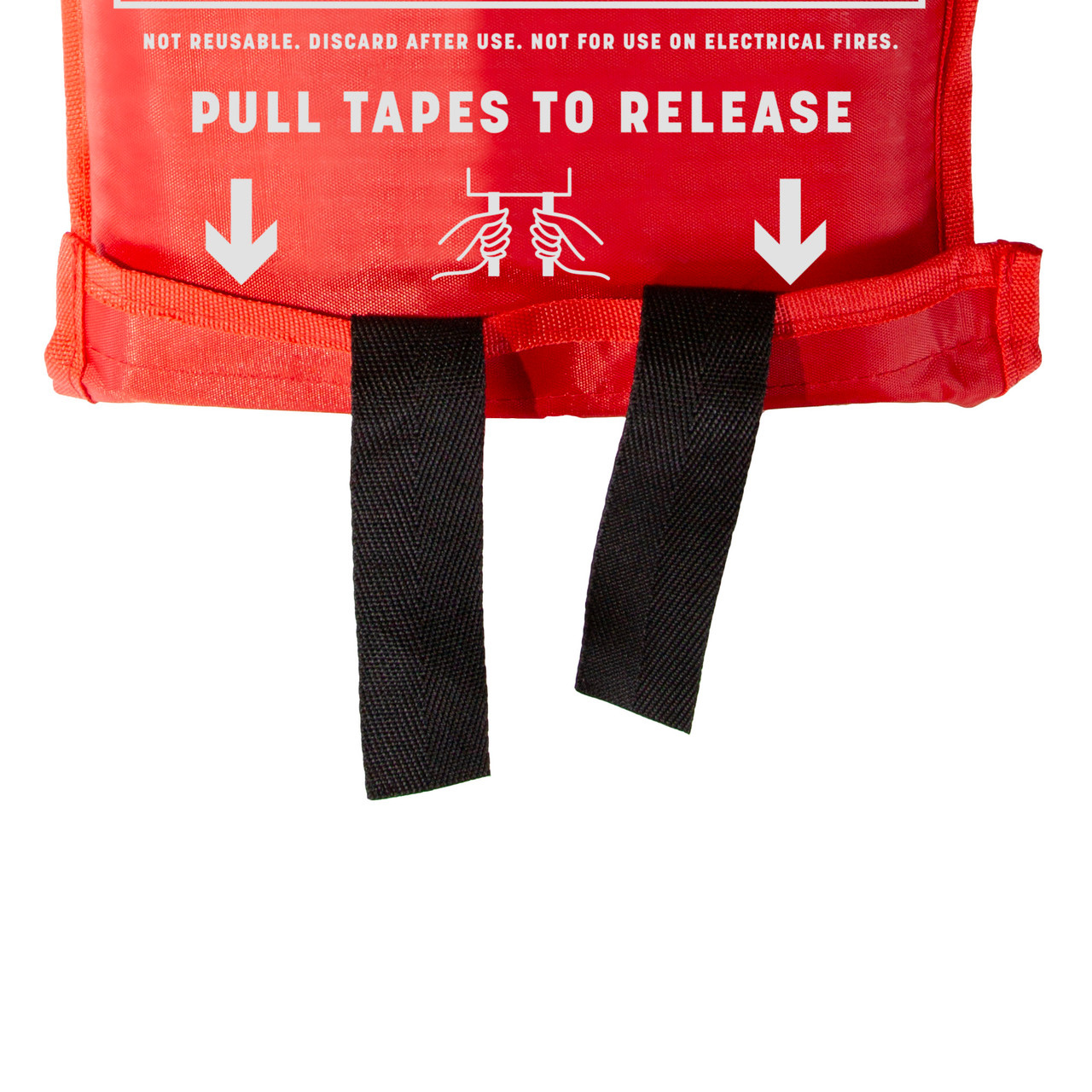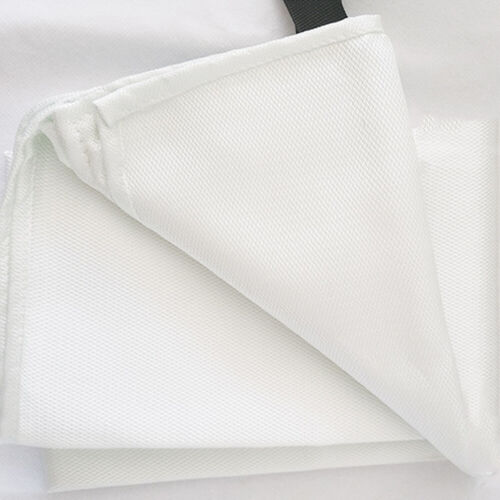Fire Blanket Insulation: Safety, Uses and Installation Guide
Summary:Fire blanket insulation provides thermal protection and fire resistance for buildings. This guide explains how it works, where to use it, installation tips, and safety benefits for home and industrial applications.
What Is Fire Blanket Insulation?
Fire blanket insulation is a specialized material designed to resist high temperatures and prevent fire spread. Unlike regular insulation, it combines thermal protection with active fire resistance. You'll typically find it made from fiberglass, ceramic fibers, or other fire-resistant materials woven into flexible blankets.
Key Benefits of Fire Blanket Insulation
When you choose fire blanket insulation, you get three main advantages:
- Fire protection:Can withstand temperatures up to 1200°F (650°C) or higher depending on the material
- Easy installation:Flexible blankets conform to irregular shapes better than rigid boards
- Dual function:Provides both thermal insulation and fire safety in one product
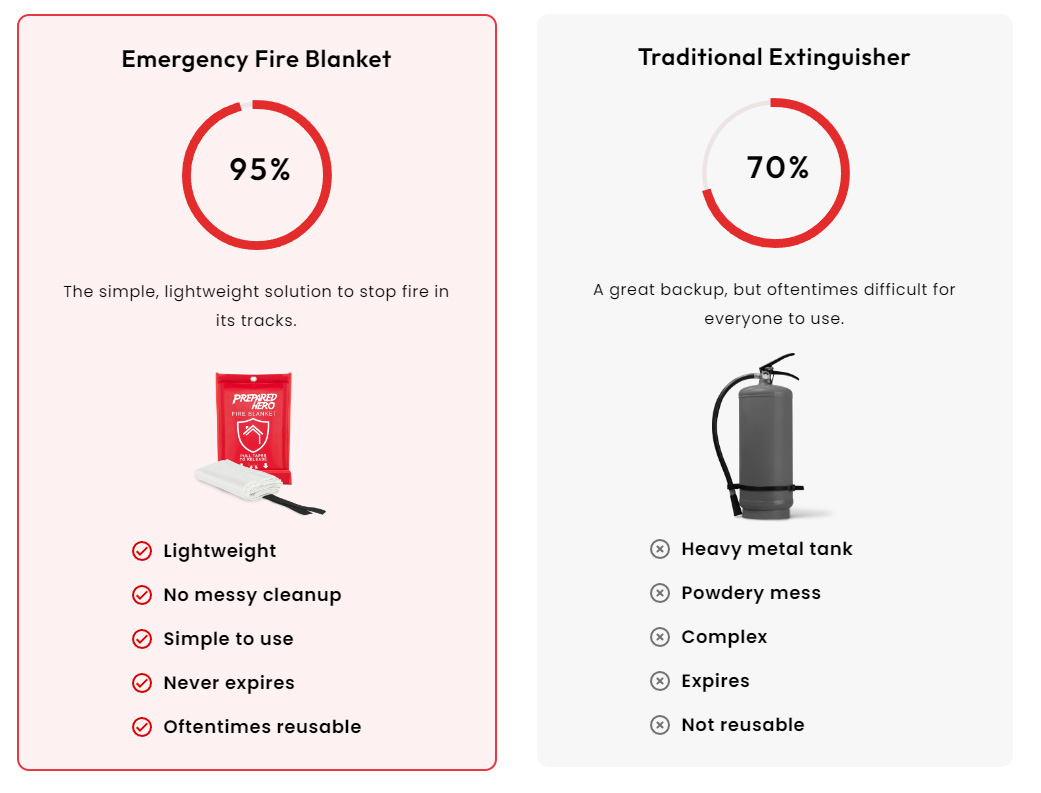
Where to Use Fire Blanket Insulation
You should consider fire blanket insulation in these critical areas:
- Around fireplaces and chimneys:Protects nearby combustible materials
- Industrial equipment:Wraps pipes, boilers, and machinery that generate heat
- Attic spaces:Adds fire resistance to standard insulation
- Garages and workshops:Where flammable materials are stored
Installation Tips for Maximum Protection
To get the most from your fire blanket insulation:
- Wear protective gloves and mask during installation - the fibers can irritate skin
- Cut blankets with sharp scissors or utility knives for clean edges
- Secure with high-temperature tape or stainless steel wires, not regular adhesives
- Overlap edges by at least 2 inches (5 cm) when covering large areas
- Don't compress the material - it needs air space to maintain effectiveness
Fire Blanket Insulation vs. Other Fireproofing Methods
Compared to alternatives like spray-on coatings or cement boards, fire blanket insulation offers unique advantages:
| Feature | Fire Blanket | Spray Coating | Cement Board |
|---|---|---|---|
| Installation ease | Easy | Medium | Hard |
| Flexibility | High | Medium | Low |
| R-value | Good | Poor | Fair |
Maintenance and Safety Considerations
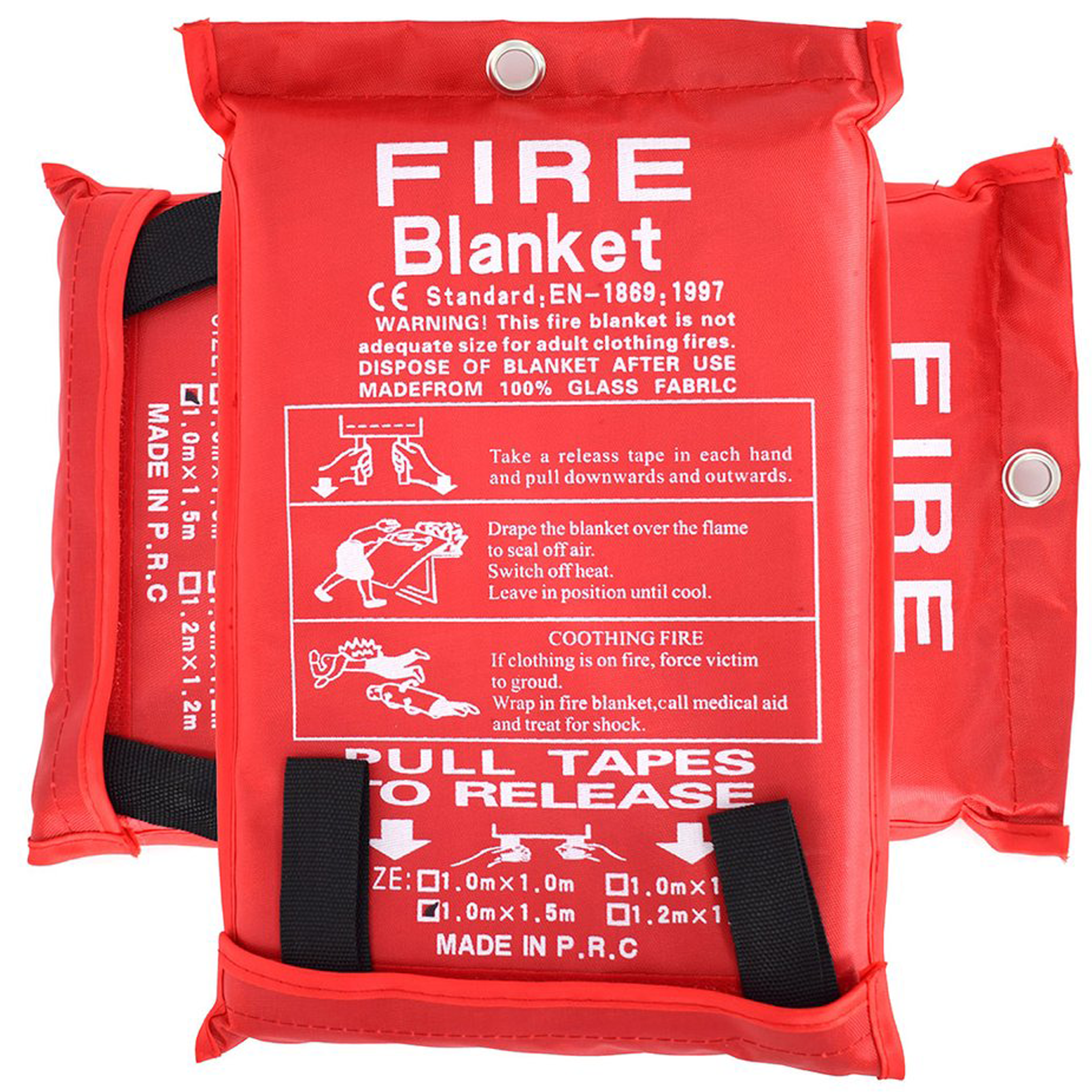
Your fire blanket insulation requires minimal maintenance but follow these guidelines:
- Inspect annually for tears, compression, or moisture damage
- Replace if the material becomes contaminated with oil or chemicals
- Never paint over fire blankets - this can reduce effectiveness
- Keep at least 3 inches clearance from heat sources unless specified otherwise
Choosing the Right Fire Blanket Insulation
When selecting fire blanket insulation, consider these factors:
- Temperature rating:Match to your expected heat exposure
- Thickness:Thicker blankets offer better insulation but take more space
- Material:Fiberglass is common but ceramic fibers handle higher temps
- Certifications:Look for UL listings or ASTM standards
Common Myths About Fire Blanket Insulation
Let's clarify some misconceptions:
- Myth:All fire blankets are the same. Truth:Performance varies significantly by material and construction.
- Myth:They're only for industrial use. Truth:Residential applications are growing rapidly.
- Myth:They replace smoke detectors. Truth:They complement but don't replace early warning systems.
Fire blanket insulation provides smart protection that combines fire safety with energy efficiency. Whether you're insulating a home workshop or industrial facility, understanding these fundamentals helps you make informed safety decisions.


